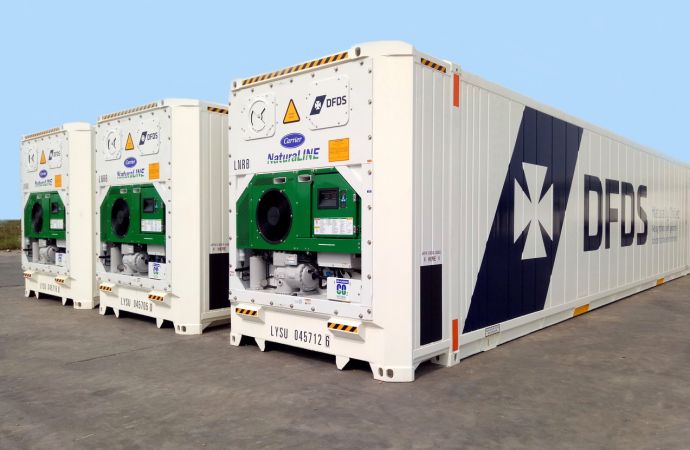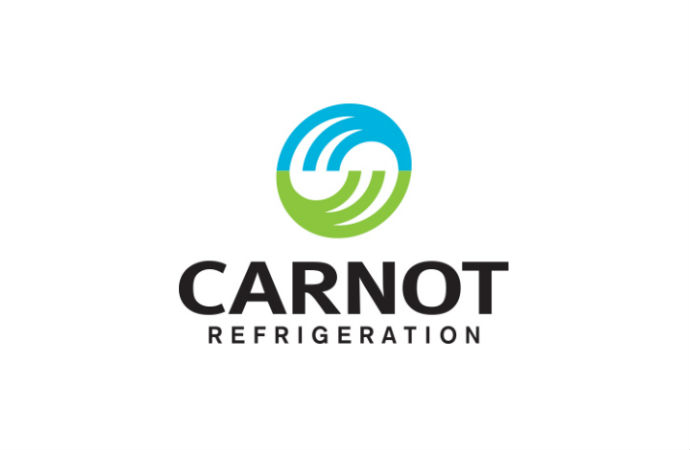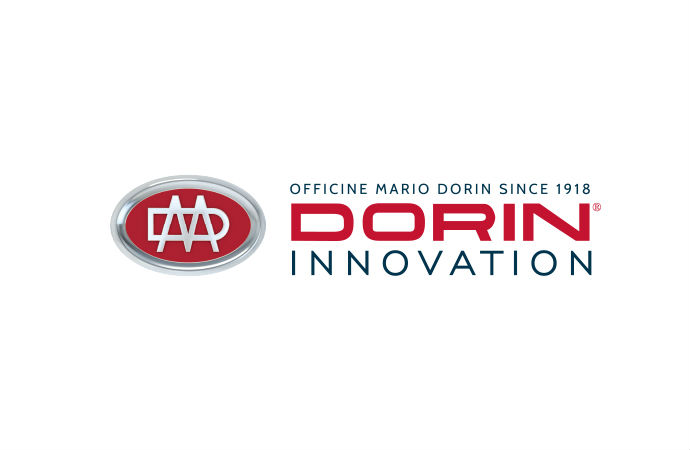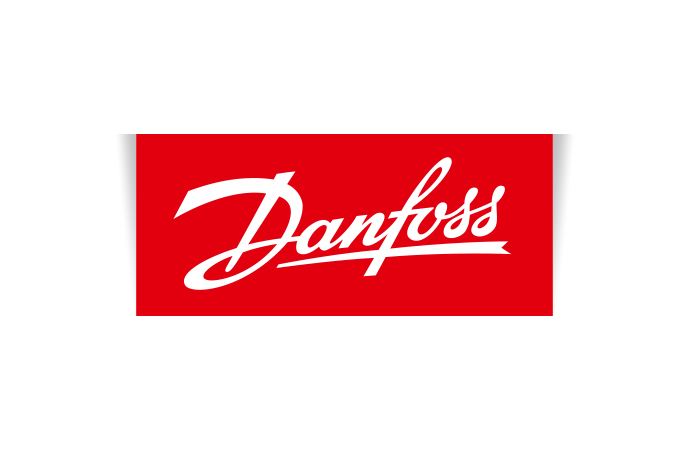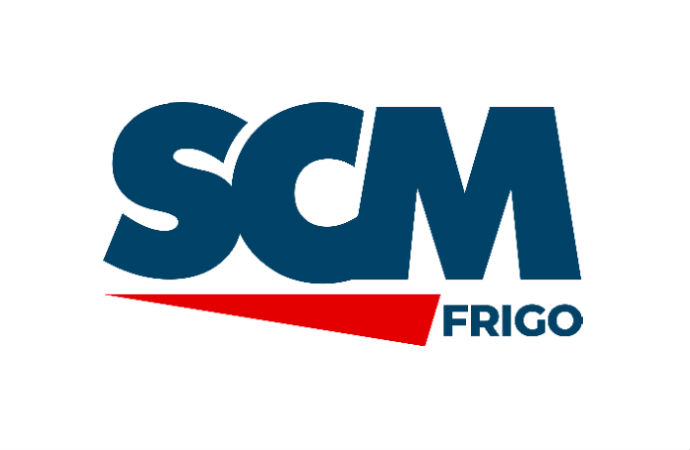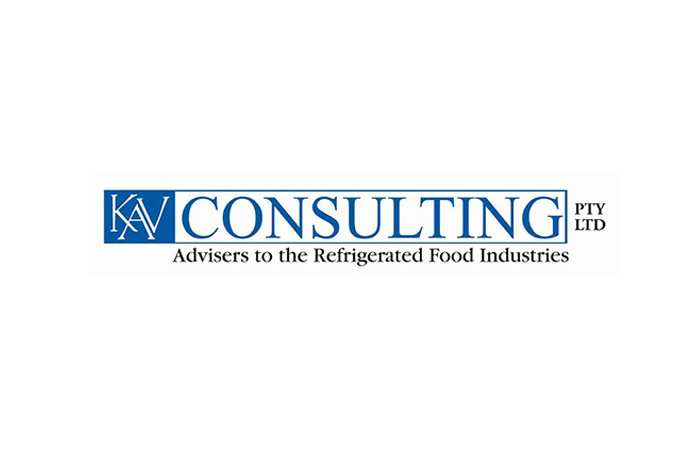With the aim of highlighting the outstanding achievement made by Australian retailer Coles in the field of reducing emissions from refrigeration the Australian Refrigeration Association (ARA) held a site visit at a store in Katoomba with Senator Dough Cameron.

Coles supermarket has recently completed the installation of a cascade refrigeration system at Katoomba store in the Blue Mountains, west of Sydney. In an event organised by the Australian Refrigeration Association (ARA), Coles Head of Engineering, Store Department, Calum Shaw presented the refrigeration systems at a store in Katoomba to senator Senator Doug Cameron, accompanied by ALP Candidate for Macquarie Susan Templeman and Ward 1 Councilor Don McGregor.
“Coles deserves great credit for reducing the direct emissions of fluorocarbon refrigerants, and have been rewarded by substantial cost savings. I’m very pleased to see this kind of innovation being used to reduce energy consumption and eliminate the cost of using synthetic refrigerants,” said Senator Cameron.
Energy consumption reduced by 7%
“I was extremely impressed by just how far Coles has moved in the last few years in reducing both their environmental impacts and costs,” Senator Cameron said.
Coles Katoomba uses a cascade CO2 refrigeration system with a 1.2 tonne charge of CO2 on the ‘low side’ servicing the cabinets, and a 400 kg charge of R134a on the ‘high side’ that is contained in the plant room. Using this system to run both refrigeration and air conditioning cooling demands is estimated to deliver around a 7% reduction in energy consumption compared to conventional stores.
CO2 as a future-proof solution
As far back as 2005 the impending introduction of a price on carbon led to the construction by Coles of the first carbon dioxide supermarkets in Australia in Gisborne (Victoria) and Winmalee (New South Wales). Many design advances have been made since then.
“Coles has invested heavily and spent a lot of time and money on designing, testing and trialing environmentally safe carbon dioxide refrigeration systems to deliver the most cost and energy efficient solutions,” said Coles’ head engineer Calum Shaw.
With the recent introduction of a levy on synthetic HFCs as a complementary measure to the carbon price, the incentive to shift to natural refrigerants becomes even more important.
“Using carbon dioxide, ammonia and hydrocarbon refrigerants makes sound economic and environmental good sense. Any additional incentive to move beyond HFCs provided by the carbon equivalent levy will only help to speed the transition that is well underway,” said Australian Refrigeration Association President Mr. Tim Edwards.
“While there is still some way to go towards achieving HFC-free supermarkets that can deliver highl levels of energy efficiency, the systems now being rolled out are a big step along this path,” said Mr. Edwards.
Keeping a close watch on developments in Europe
“We have worked hard to research best practices all over the world. We know retailers and system designers across Europe well and talk with them regularly to keep up to date the latest developments in this rapidly moving field. Applying this knowledge to Australian conditions with our contractors has enabled us to develop new supermarkets that are among the best in the world”, Mr. Shaw said
“Coles now has 44 carbon dioxide stores among the over 700 we own, and as new stores are developed and existing ones retrofitted, this number will grow rapidly. Refrigeration is a major source of energy costs for our stores – typically over 50%. This new refrigeration system will reduce our energy bill by approximately 5% in new stores”, he added.
“With better acceptance of the natural refrigerants, further system refinement, more widespread training and upskilling of commissioning engineers and service contractors, and greater component availability and production capacity from suppliers, we are confident the lead set by Coles will have far-reaching impacts across the industry”, Mr. Edwards highlighted.
“Coles deserves great credit for reducing the direct emissions of fluorocarbon refrigerants, and have been rewarded by substantial cost savings. I’m very pleased to see this kind of innovation being used to reduce energy consumption and eliminate the cost of using synthetic refrigerants,” said Senator Cameron.
Energy consumption reduced by 7%
“I was extremely impressed by just how far Coles has moved in the last few years in reducing both their environmental impacts and costs,” Senator Cameron said.
Coles Katoomba uses a cascade CO2 refrigeration system with a 1.2 tonne charge of CO2 on the ‘low side’ servicing the cabinets, and a 400 kg charge of R134a on the ‘high side’ that is contained in the plant room. Using this system to run both refrigeration and air conditioning cooling demands is estimated to deliver around a 7% reduction in energy consumption compared to conventional stores.
CO2 as a future-proof solution
As far back as 2005 the impending introduction of a price on carbon led to the construction by Coles of the first carbon dioxide supermarkets in Australia in Gisborne (Victoria) and Winmalee (New South Wales). Many design advances have been made since then.
“Coles has invested heavily and spent a lot of time and money on designing, testing and trialing environmentally safe carbon dioxide refrigeration systems to deliver the most cost and energy efficient solutions,” said Coles’ head engineer Calum Shaw.
With the recent introduction of a levy on synthetic HFCs as a complementary measure to the carbon price, the incentive to shift to natural refrigerants becomes even more important.
“Using carbon dioxide, ammonia and hydrocarbon refrigerants makes sound economic and environmental good sense. Any additional incentive to move beyond HFCs provided by the carbon equivalent levy will only help to speed the transition that is well underway,” said Australian Refrigeration Association President Mr. Tim Edwards.
“While there is still some way to go towards achieving HFC-free supermarkets that can deliver highl levels of energy efficiency, the systems now being rolled out are a big step along this path,” said Mr. Edwards.
Keeping a close watch on developments in Europe
“We have worked hard to research best practices all over the world. We know retailers and system designers across Europe well and talk with them regularly to keep up to date the latest developments in this rapidly moving field. Applying this knowledge to Australian conditions with our contractors has enabled us to develop new supermarkets that are among the best in the world”, Mr. Shaw said
“Coles now has 44 carbon dioxide stores among the over 700 we own, and as new stores are developed and existing ones retrofitted, this number will grow rapidly. Refrigeration is a major source of energy costs for our stores – typically over 50%. This new refrigeration system will reduce our energy bill by approximately 5% in new stores”, he added.
“With better acceptance of the natural refrigerants, further system refinement, more widespread training and upskilling of commissioning engineers and service contractors, and greater component availability and production capacity from suppliers, we are confident the lead set by Coles will have far-reaching impacts across the industry”, Mr. Edwards highlighted.
MORE INFORMATION
Related stories


